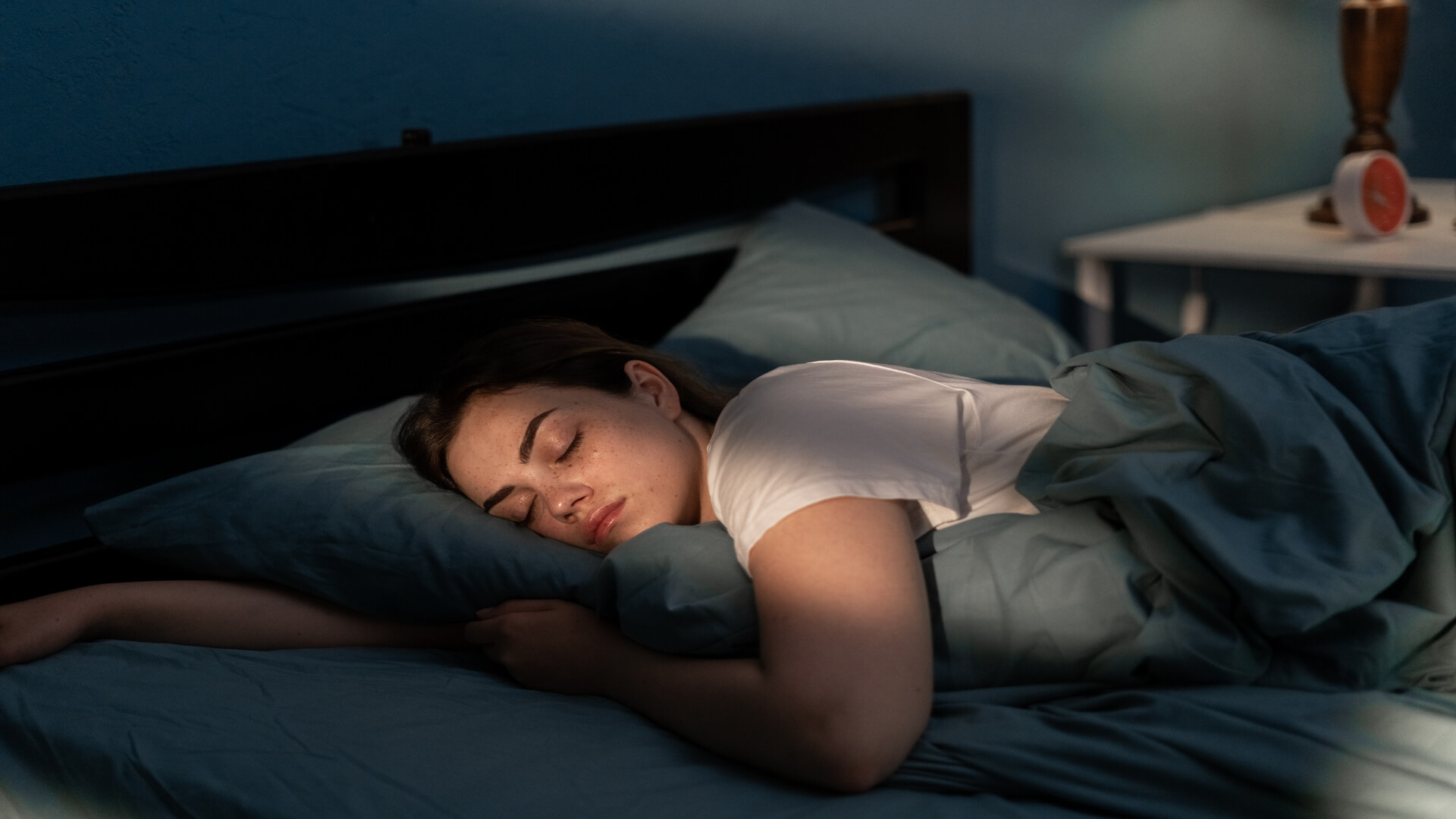In today’s fast-paced world, the value of restful sleep is frequently underestimated, yet its impact on mental health is profound and multifaceted. Quality sleep affects everything, from our productivity (and, therefore, success) to our relationships and beyond.
As much as environmental factors affect our sleep—you can learn more about this with Nebula horoscope & astrology guidance—our choices and habits are central to our ability to have a restful night and recharge. It’s our responsibility to do what it takes to protect our mental well-being, and getting enough quality sleep is the basics.
So, let’s explore the intricate ways in which sleep and mental health are interlinked.
Understanding Sleep’s Role in Mental Health
In addition to being a time for the brain to process emotional and cognitive experiences, sleep plays a vital role in neuroplasticity—the brain’s ability to adapt and change. Good sleep fosters a healthy brain environment, allowing for better learning, problem-solving, and creativity. In turn, poor sleep can impair these cognitive functions, leading to decreased productivity and a reduced ability to cope with daily challenges.
The Impact of Sleep Deprivation
Continued lack of sleep can create a negative cycle where mental health issues worsen sleep quality, which in turn exacerbates mental health symptoms. This cycle can lead to increased vulnerability to psychiatric conditions and a decreased ability to benefit from mental health treatments. Recognizing and addressing sleep issues is, therefore, a key component in the holistic treatment of mental health disorders.
Sleep Disorders and Mental Health Conditions
Moreover, treating sleep disorders can often lead to significant improvements in mental health conditions. For example, improving sleep patterns in people with insomnia often leads to reductions in symptoms of depression and anxiety.
This is particularly crucial as sleep disorders and mental health conditions often share common biological pathways and can influence each other. Sleep disturbances can affect the brain’s limbic system, which is responsible for regulating emotions, thus exacerbating emotional disorders.
Sleep’s Effect on Stress and Emotional Regulation
Also, good sleep enhances resilience against stress. A well-rested brain is more capable of effective stress management strategies and less likely to react negatively to challenging situations. This highlights the importance of sleep in maintaining not only mental health but also overall well-being and quality of life.
From an astrological standpoint, the way we handle stress and our sleep patterns can also be influenced by our zodiac signs. For instance, fiery Aries might have a more intense reaction to stress and may benefit from active relaxation techniques before bed, while a water sign like Pisces might find solace in music or meditation to soothe their emotions and ensure restful sleep.
Understanding our zodiac traits can offer insights into personalized sleep hygiene practices that align with our astrological predispositions. That’s why it’s a good idea to try Nebula’s sun, moon rising compatibility calculator to learn more about your zodiac sign and its meaning for your mental health.
Sleep and Neurotransmitters
Disturbed sleep patterns can lead to a vicious cycle where neurotransmitter imbalances cause sleep problems, which then exacerbate these imbalances. This highlights the need for a holistic approach to treating mental health issues, considering both sleep patterns and neurotransmitter levels.
Also, certain lifestyle choices can influence neurotransmitter production, thus affecting sleep quality. For example, diet, exercise, and exposure to natural light are all factors that can impact the levels of serotonin and melatonin, neurotransmitters directly involved in sleep regulation.
By adopting healthy habits and creating an environment conducive to good sleep, we can positively influence our neurotransmitter balance, breaking the cycle of disturbed sleep and its detrimental effects on mental health.
Improving Sleep for Better Mental Health
In addition to these strategies, establishing a pre-sleep routine that includes winding down and disconnecting from electronic devices can significantly improve sleep quality. This helps the mind transition from the alertness of the day to the relaxation needed for restorative sleep.
Professionals can provide not only treatment but also education about the relationship between sleep and mental health. If you’re interested in less conventional, new-age approaches, read Ask Nebula reviews—you’ll find out that psychics can actually help with that, too. They will help you heal emotionally and improve your quality of sleep by addressing the underlying issues.
Conclusion
The intricate relationship between sleep and mental health is undeniable. Prioritizing sleep is not merely a matter of physical health but a foundational aspect of mental and emotional well-being. By understanding and valuing the role of sleep in our lives, we can foster a healthier, more balanced approach to mental wellness.


















